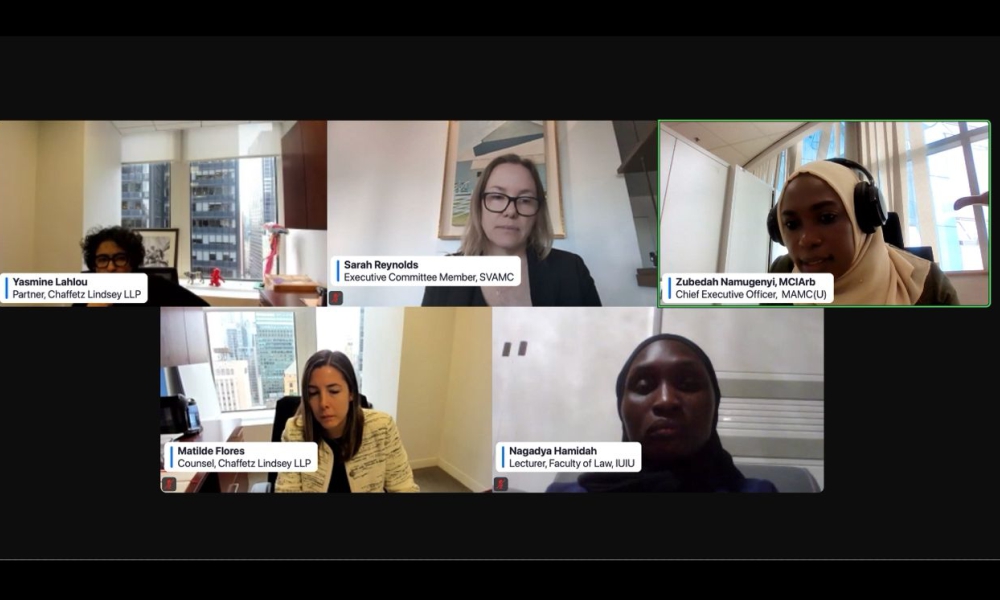IUIU strengthens academic linkages as Prof. Huseyin Mertol engages Geography Department and students
17th Feb, 2026 3:30pm

Ms. Nagadya Hamidah, a Lecturer at the Islamic University in Uganda (IUIU), participated as a panelist in a regional webinar organized by the East African Law Society (EALS) in collaboration with the International Senior Lawyers Project (ISLP).
The webinar, titled “Navigating Disputes in the Digital Age: Technology and International Arbitration – Innovations in International Commercial Arbitration,” brought together leading legal experts to explore how digital technologies are shaping modern dispute resolution.
On 23 October 2025, Ms. Hamidah presented on “Standards Governing Fairness and Validity in Virtual Arbitration within the East African Community.” She emphasized that AI-generated arbitral awards are not legally recognized and cannot withstand judicial scrutiny, reaffirming that professional liability remains applicable to both arbitrators and legal practitioners.
In her presentation, Ms. Hamidah outlined the fundamental principles that uphold fairness in virtual arbitration, including:
She explained that while Artificial Intelligence can support arbitration through legal research, document review, and award drafting, it must not replace human arbitrators or legal practitioners. Instead, AI should complement their work, enhance efficiency, and support informed decision-making — ensuring that all arbitral outcomes remain compliant with the law.
Ms. Hamidah further advocated for the development of comprehensive legislation within the East African Community to address emerging technologies and intellectual property rights. She emphasized that harmonized legal frameworks would enable regional integration, promote justice and fairness, and facilitate the cross-border enforcement of arbitral awards while protecting individual intellectual property rights.
Her insightful contribution enriched the discourse on maintaining accountable, equitable, and legally sound arbitration in the digital era, underscoring IUIU’s active role in advancing contemporary legal scholarship and regional collaboration.